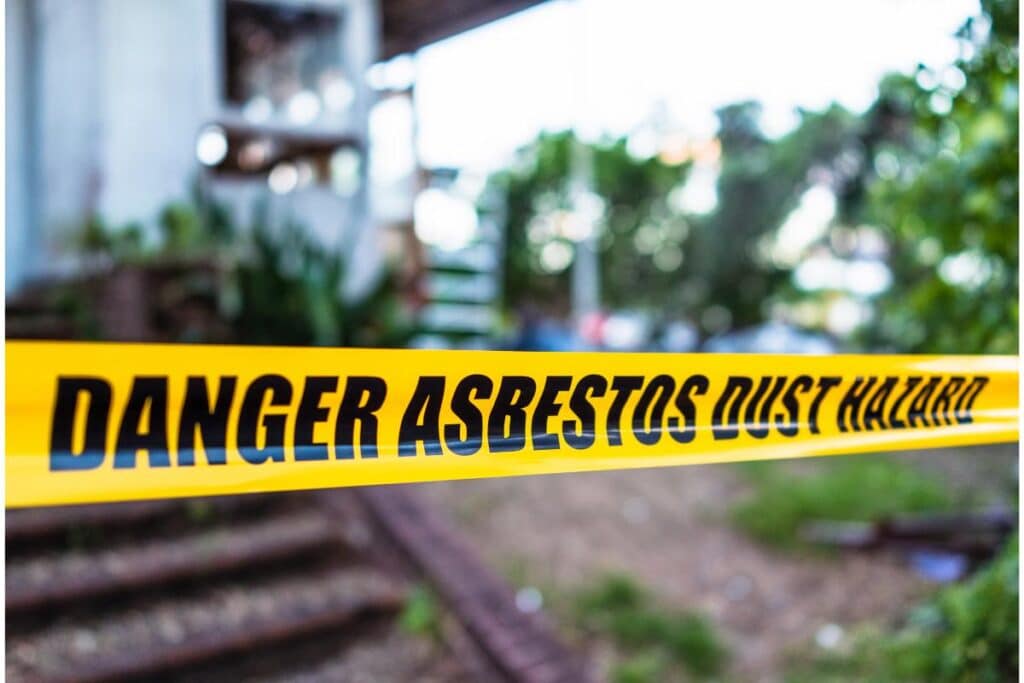Mesothelioma, a rare and aggressive cancer, is strongly linked to exposure to hazardous chemicals. Thus, these chemicals are said to cause mesothelioma. Also understanding the specific chemicals responsible for this devastating disease and where they are commonly found is crucial for prevention and early detection. In this article, we will explore the chemicals that cause mesothelioma, their most prevalent sources, and the importance of awareness in safeguarding against this deadly condition.
Asbestos: The Primary Culprit
When discussing the chemicals behind mesothelioma, asbestos takes center stage. Asbestos, a group of naturally occurring minerals, has long been recognized as the primary cause of mesothelioma. Exposure to asbestos fibers, either through occupational or environmental means, can lead to the inhalation or ingestion of these tiny, sharp fibers, which become embedded in lung tissues, causing inflammation and eventually cancer.
Asbestos Sources: Ubiquitous and Hazardous
Asbestos can be found in various settings, making awareness crucial. Common sources of asbestos exposure include older buildings, construction materials, insulation, automotive parts, and even certain consumer products like talcum powder. Occupational exposure is particularly prevalent among construction workers, asbestos miners, and industrial laborers.
Other Hazardous Chemicals
While asbestos is the primary culprit, it’s not the only chemical linked to mesothelioma.
- Erionite: This naturally occurring mineral, similar in structure to asbestos, has been associated with mesothelioma. Erionite exposure can occur in areas where it is present in the soil, particularly in parts of the United States.
- Radiation: Exposure to ionizing radiation, such as during medical treatments or from radioactive materials, is another potential risk factor for mesothelioma.
Prevention and Early Detection
Preventing mesothelioma starts with awareness and precautionary measures.
- Occupational Safety: Strict adherence to workplace safety regulations, including proper handling and disposal of asbestos-containing materials, is vital.
- Asbestos Removal: Professional asbestos removal in older buildings is recommended to reduce exposure risks.
- Regular Medical Check-ups: Individuals with a history of asbestos exposure should undergo regular medical check-ups and screenings to detect mesothelioma at an early, more treatable stage.
Surviving Mesothelioma
Surviving mesothelioma hinges on early detection and prompt action. To increase the chances of survival, individuals who have been exposed to asbestos or are experiencing potential symptoms should seek immediate medical attention. Also, early intervention can lead to more effective treatment options and improved outcomes.
Consulting with healthcare professionals who specialize in mesothelioma, such as oncologists and thoracic surgeons, is essential. Treatment plans often involve a combination of surgery, chemotherapy, radiation therapy, and emerging immunotherapy approaches.
Additionally, adopting a healthy lifestyle, maintaining a strong support system, and actively participating in one’s treatment plan can significantly contribute to a better quality of life during the mesothelioma journey. Ultimately, early awareness and swift action are the keys to increasing the likelihood of surviving mesothelioma.
Conclusion
Transition: In conclusion, mesothelioma is primarily caused by exposure to hazardous chemicals, with asbestos being the leading culprit. Understanding the sources of asbestos and other potential risk factors is crucial for prevention and early detection.
By raising awareness about the dangers of these chemicals and advocating for safe practices, we can work towards reducing the incidence of mesothelioma and protecting individuals from its devastating effects. Also, education, vigilance, and proactive measures are essential in safeguarding our health against this deadly disease.
If you or someone you know is looking to improve your health, share this article on Facebook or Twitter so that others can learn more about self-care.




